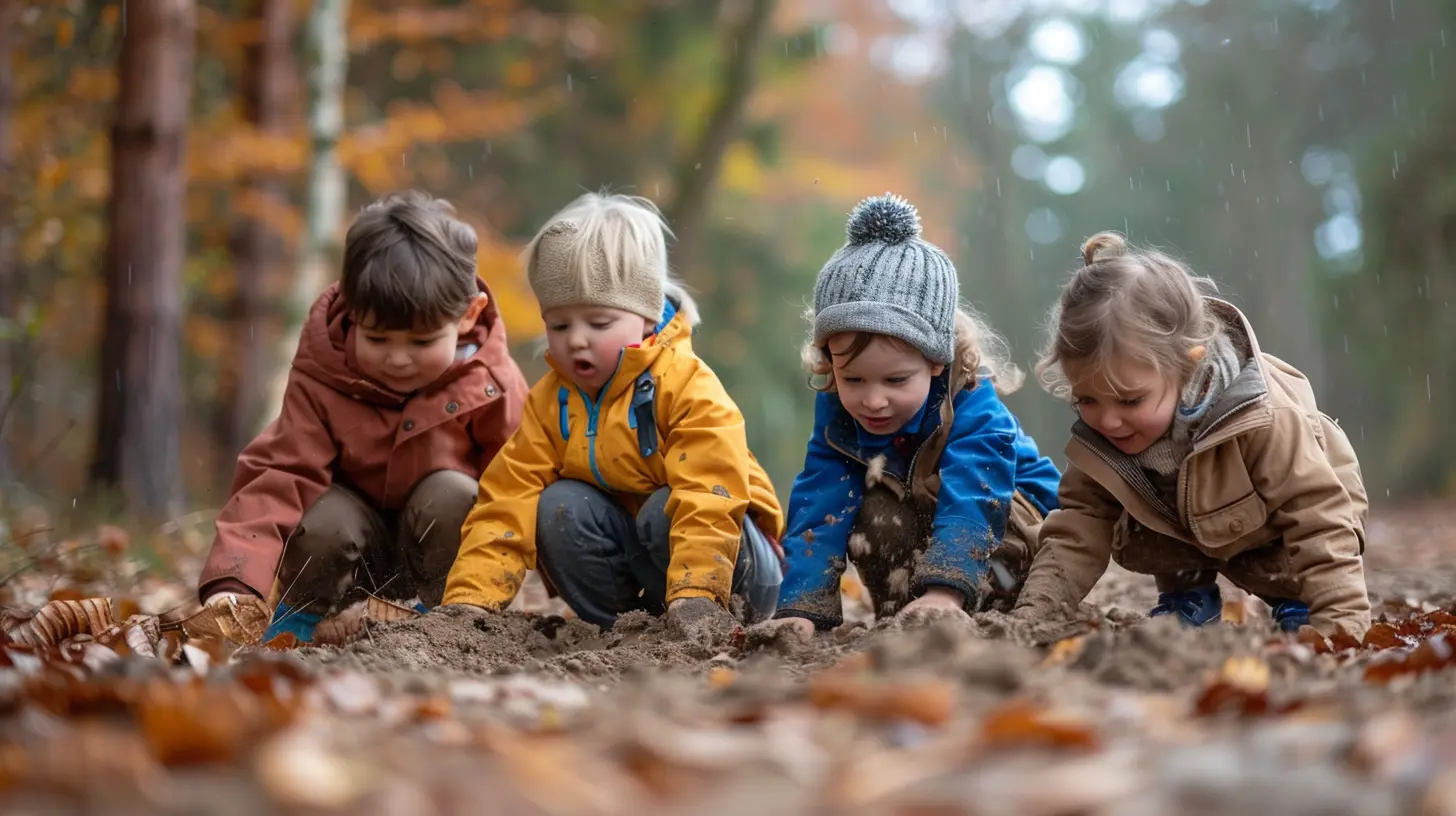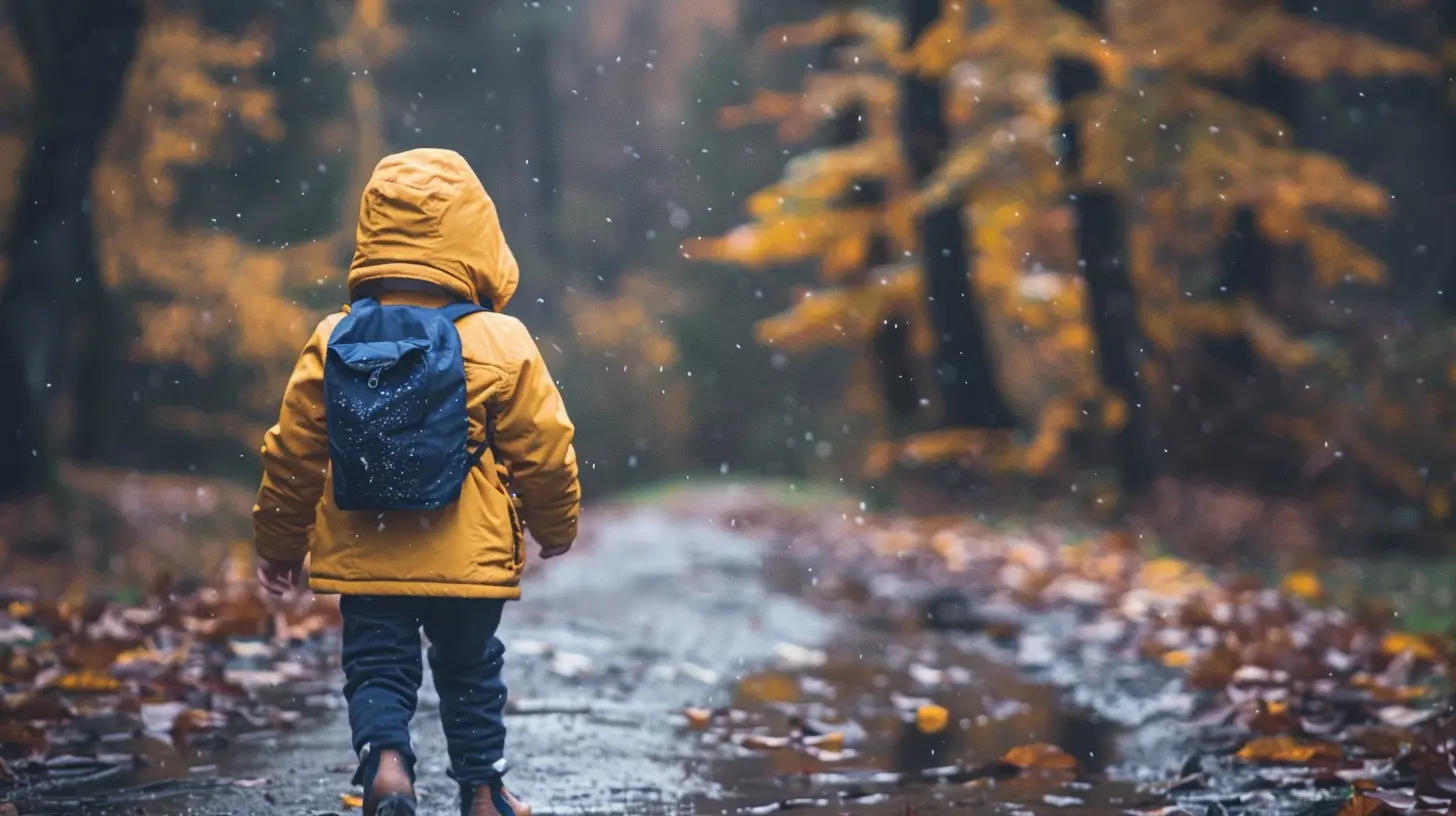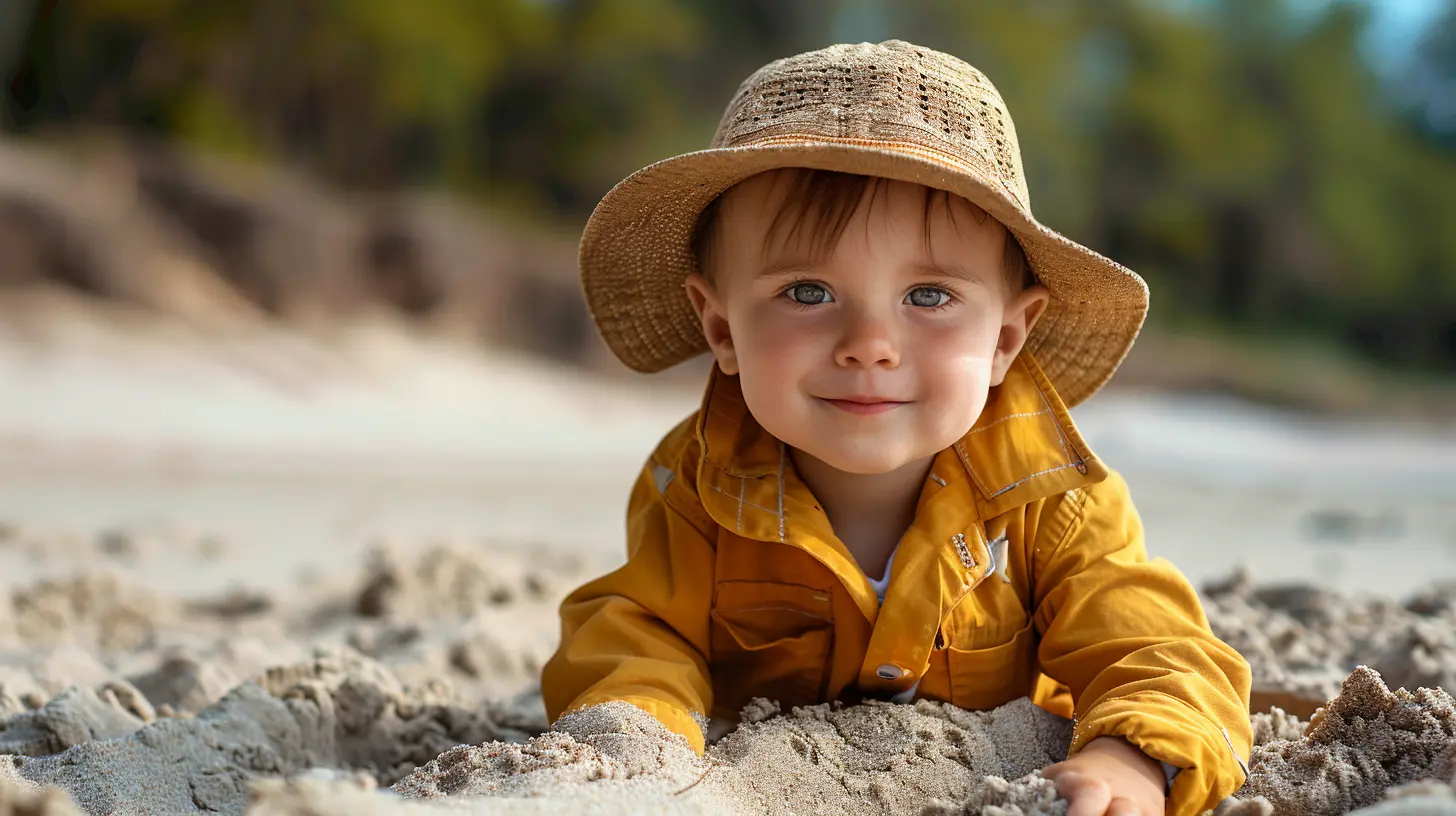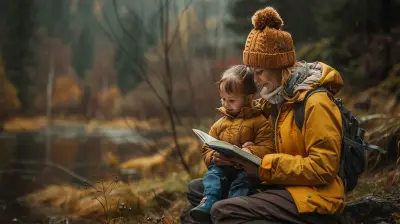19 April 2025
Children today are growing up in a digital world, surrounded by screens, structured schedules, and indoor activities. But what happened to the good old days when kids would rush outside, climb trees, ride bikes, and get their hands dirty playing in the mud? Turns out, outdoor play isn’t just fun—it’s absolutely essential for a child’s development.
If you've ever wondered why outdoor play is so important, you're in the right place. Let's break down how spending time outside contributes to a child’s physical, mental, and emotional well-being.

Why Outdoor Play Matters More Than Ever
Think back to your childhood—chances are, your best memories involve running around outside without a care in the world. These experiences weren’t just fun; they were shaping your body, mind, and social skills in ways you didn’t even realize.But today, kids are spending more time indoors than ever before. Screen time is skyrocketing, while free play is becoming a rare event. This shift raises serious concerns because outdoor play is linked to critical aspects of child development—ranging from physical growth to emotional resilience.
The Decline of Outdoor Play
Studies show that children today spend 50% less time outdoors compared to previous generations. Between school, extracurricular activities, and the lure of screens, kids are losing the opportunity to engage in unstructured, self-directed outdoor play.This decline has consequences:
- Rising childhood obesity rates due to reduced physical activity
- Increased stress and anxiety from a lack of time in nature
- Weaker social skills from limited face-to-face interaction with peers
- Poorer cognitive development, as outdoor play fuels curiosity and problem-solving
Clearly, we need to rethink how much time kids spend outdoors.

The Benefits of Outdoor Play on Healthy Child Development
So, why is outdoor play such a game-changer? Let’s dive into the ways it shapes a child’s development across multiple areas.1. Physical Health: Building Strong Bodies
Outdoor play is the original gym for kids—it strengthens muscles, improves coordination, and promotes cardiovascular health. When children climb, jump, run, and balance, they’re not just having fun; they’re enhancing their motor skills, agility, and overall fitness.Some key physical benefits include:
- Stronger bones and muscles from weight-bearing activities like climbing and running
- Better immune function from exposure to fresh air and natural elements
- Lower risk of obesity since outdoor play encourages movement over sedentary behaviors
- Improved motor skills that help with balance, coordination, and reflexes
Kids don’t need a structured workout plan—they just need space to move freely and explore.
2. Cognitive Growth: Unlocking Creativity and Problem-Solving
Ever watched kids build a fort from sticks or create an imaginary world in the backyard? That’s outdoor play at work. Being outside encourages children to think critically, experiment, and solve problems in ways that structured indoor activities often can’t.When kids engage with nature, they:
- Develop problem-solving skills by figuring out how to climb a tree or cross a stream
- Enhance creativity and imagination through unstructured play
- Improve focus and attention—nature has been shown to reduce symptoms of ADHD
- Boost curiosity about the world around them, fueling a love for learning
Outdoor environments are ever-changing, challenging kids to adapt and think on their feet.
3. Emotional Well-Being: Reducing Stress and Boosting Confidence
Time spent outside isn’t just good for the body—it’s a natural stress reliever. Studies show that children who play outdoors regularly experience less anxiety, depression, and emotional distress.Outdoor play fosters:
- Greater emotional resilience by helping kids navigate risks and challenges
- Lower stress levels, thanks to nature’s calming effects
- Boosted confidence and independence as children explore and push their limits
- Better self-regulation skills, as free play allows them to express emotions naturally
Being in nature has a grounding effect, helping children feel more balanced and connected to their surroundings.
4. Social Skills: Learning Cooperation and Teamwork
Outdoor play is often a social experience. Whether it’s a game of tag, building a sandcastle, or playing sports, kids develop essential social skills through these interactions.Benefits for social development include:
- Strengthened communication skills as children negotiate rules and solve conflicts
- Empathy and cooperation, which come from working with others to achieve common goals
- Leadership and teamwork, whether they’re organizing a game or supporting friends in play
- Reduced behavioral problems, as outdoor play provides a healthy outlet for energy and emotions
Unlike structured activities with adult supervision, free outdoor play allows kids to navigate relationships organically, fostering stronger interpersonal skills.

The Role of Parents in Encouraging Outdoor Play
As parents, we set the tone for our children’s habits. If we prioritize outdoor play, they will too. Here’s how you can make outdoor time a natural and essential part of your child’s routine:Set the Example
Kids mirror what they see. If they see you enjoying the outdoors—going for walks, gardening, or playing sports—they’re more likely to follow suit.Create Opportunities for Free Play
Not every outdoor activity needs to be organized. Let kids explore on their own, whether it’s in the backyard, a local park, or a nature trail.Limit Screen Time
The more time kids spend on screens, the less time they’ll have for outdoor play. Set boundaries for device usage and encourage outdoor activities instead.Encourage Risk-Taking (Within Reason)
Climbing a tree, jumping from a swing, or balancing on a log—these activities build confidence and resilience. Let kids take small risks to develop their decision-making skills and push their limits safely.Make Outdoor Play a Daily Habit
Just like meals and bedtime, outdoor play should be a regular part of a child’s day. Even 30 minutes outside can make a big difference in their overall well-being.
Final Thoughts
Outdoor play isn’t just a pastime—it’s a fundamental part of a child’s healthy development. It builds strong bodies, sharp minds, emotional resilience, and essential social skills, all while allowing kids to simply be kids.In a world that’s becoming increasingly digital and structured, let’s make it a priority to give children the freedom, space, and encouragement to explore the natural world. Because sometimes, the best lessons in life aren’t taught in a classroom—they’re learned outside, barefoot in the grass, under the open sky.


